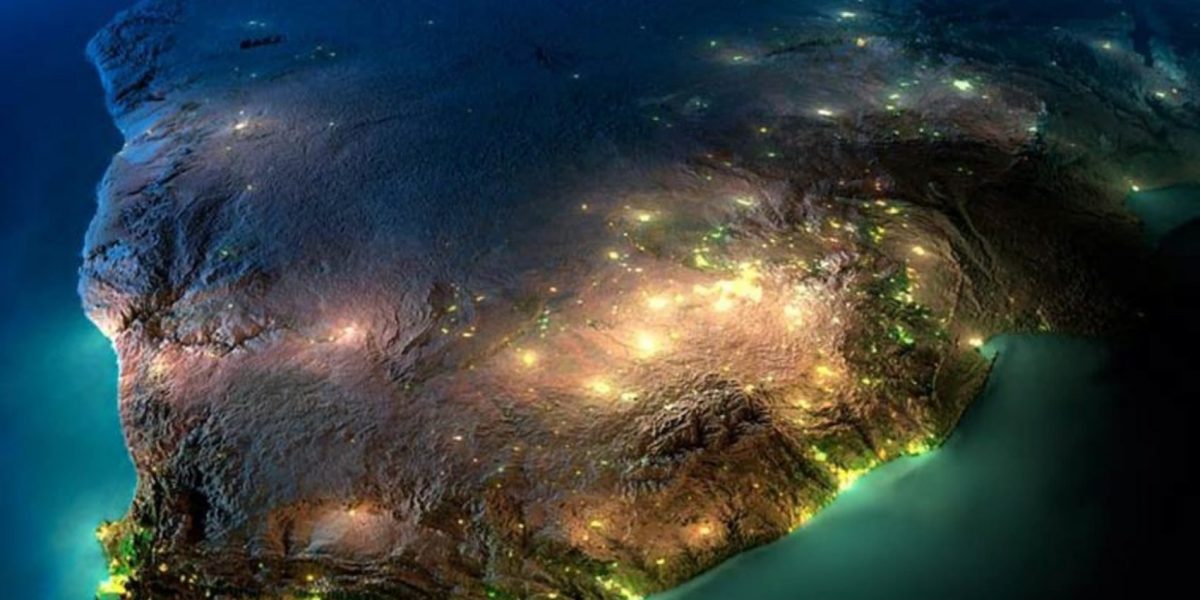Key Points
- Ivory Coast launched its first satellite, YAM-SAT-CI 01, to provide earth observation data for issues like deforestation and national security.
- The nanosatellite was built domestically through collaboration between private and public sectors.
- It will capture images to support environmental monitoring, agriculture, disaster response and detecting illegal activities.
- The African space economy is projected to reach $22.64 billion by 2026 with 16% growth.
- 15 African nations now have functioning space programs with over 100 satellites planned for launch by 2026.
Ivory Coast has achieved a major scientific milestone by launching its first satellite into orbit. The nanosatellite, called YAM-SAT-CI 01, will provide valuable earth observation data to help the country address issues like deforestation, flooding, droughts and national security threats.
The satellite was designed and built entirely by Ivorian engineers and scientists through a collaboration between the private company Universal Konstructors Associated and the Institut National Polytechnique Félix Houphouët-Boigny.
Equipped with a camera, it will capture images that support environmental monitoring, agricultural optimization, disaster response and the detection of illegal activities.
By The Numbers: Africa’s Investment In Space
- Total spent on satellite development to date: $4+ billion USD (Source: African Space Industry Annual Report, 2023 Edition: https://africanews.space/african-space-industry-annual-report-2023-edition/)
- Number of African nations with fully functioning space programs: 15
- Number of satellites launched by African nations: 52
- Number of satellites planned for launch by 2026: 105
- Projected growth of African space economy by 2026: 16.16% (reaching $22.64 billion USD)
Experts highlighted the satellite’s potential to significantly impact areas like conservation, urban planning and scientific literacy. It also serves the nation’s broader goals for scientific and economic development by catalyzing growth in the domestic space industry.
Satellite launches require extensive ground systems and highly trained personnel. Educational institutions plan to expand curricula and research in areas like space engineering, remote sensing and artificial intelligence to support the program. Outreach initiatives will also promote space science across Ivory Coast.
Africa’s Space Industry Seeing Rapid Growth
Ivory Coast is part of a growing trend of African nations prioritizing space technology and exploration. The value of the continent’s space industry is expected to reach $22.64 billion by 2026. In 2022, African countries allocated over $534 million to space agencies and satellite programs.
Recent African space achievements include Kenya’s launch of the Taifa-1 satellite in 2022, Tunisia’s first fully domestic satellite in 2021 and satellites by Zimbabwe, Uganda and Angola in the past year. Egypt, Nigeria and South Africa lead in space technology, with programs for maritime monitoring, Earth observation and deep space exploration.
Investment in skills training and research will be critical to sustain Africa’s space capabilities. Ivory Coast’s satellite represents a milestone on the continent and a step toward using space tech to solve local challenges.

